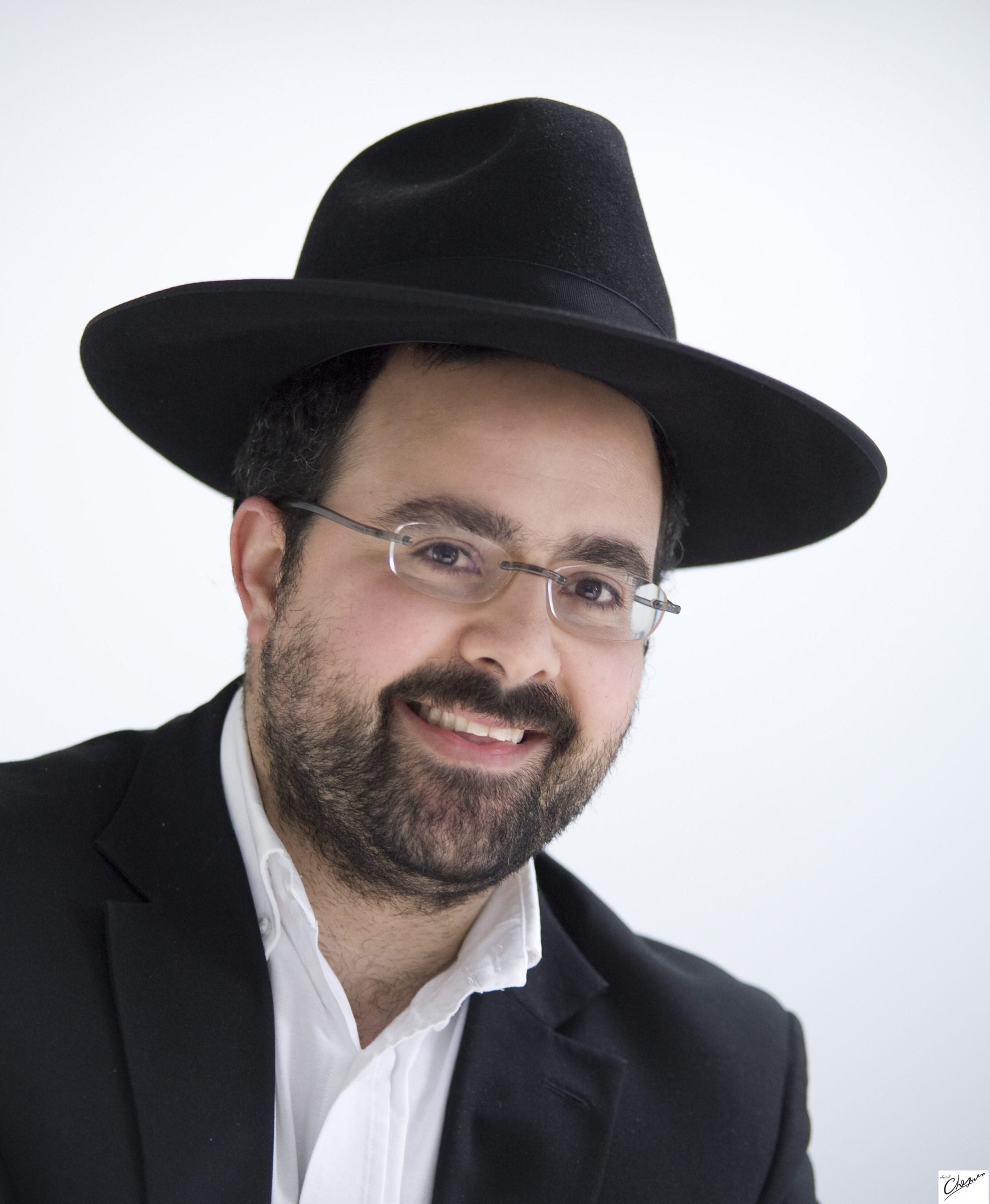
In Parashat Korach we are told of the dispute raised against Moshe and Aharon, concerning challenging the leadership, Kehunah Gedolah and ultimately the veracity of all Moshe Rabbenu’s communication with Hashem.
The land swallowed up Korach, Datan, Aviram and their families whilst the two hundred and fifty followers from the tribe of Reuven were consumed by a fire from Hashem, as they held Ketoret pans. They disputed Aharon’s right to be Kohen Gadol and so as firstborns brought Ketoret themselves and were killed in the process. Since the pans were used for the service of Hashem, they became sanctified and thus had to be gathered and used for a holy purpose. Elazar the son of Aharon was instructed to collect the pans but curiously not Aharon HaKohen himself. Why was Aharon HaKohen not asked to collect the pans? Why was this job given to his son Elazar? We don’t find Elazar taking any prominent role before succeeding his father, so why here?
The Gemara in Masechet Berachot (27b) relates an incident where a dispute erupted in the highest Bet Hamidrash of Yavneh between Rabban Gamliel and Rabbi Yehoshua, resulting in Rabban Gamliel being deposed as Nasi and leader of the Chachamim. Whilst certainly a Torah giant, he was however deemed too harsh on the students. The Gemara implies that Rabbi Yehoshua was worthy to succeed him but was turned down since he was the ‘Baal Maaseh’, the individual around whom the dispute revolved. Rashi comments that installing Rabbi Yehoshua in his place would cause particular upset to Rabban Gamliel. The Meiri explains that whenever a senior figure is deposed, the adversary who triggered the dispute should not replace him, as it causes extra suffering to the deposed leader.
He shows this idea from Parashat Korach, were Hashem instructs Elazar, in place of Aharon his father, to collect the holy Ketoret pans. This was a lesson to teach sensitive and thoughtful conduct towards the defeated in the dispute. Therefore an alternative, respected and suitable individual must be found. This applies even where the other party is no longer around, like here where the two hundred and fifty had been killed. A sensitive attitude is expected whether the recipient will or will not actually feel anguish. The Meiri adds that one should avoid Machloket, especially where the public is involved but when it is unavoidable, the Torah is stressing the importance of being sensitive and sympathetic to others at all times. May we see only peace and harmony amongst all Klal Yisrael! Shabbat Shalom.







